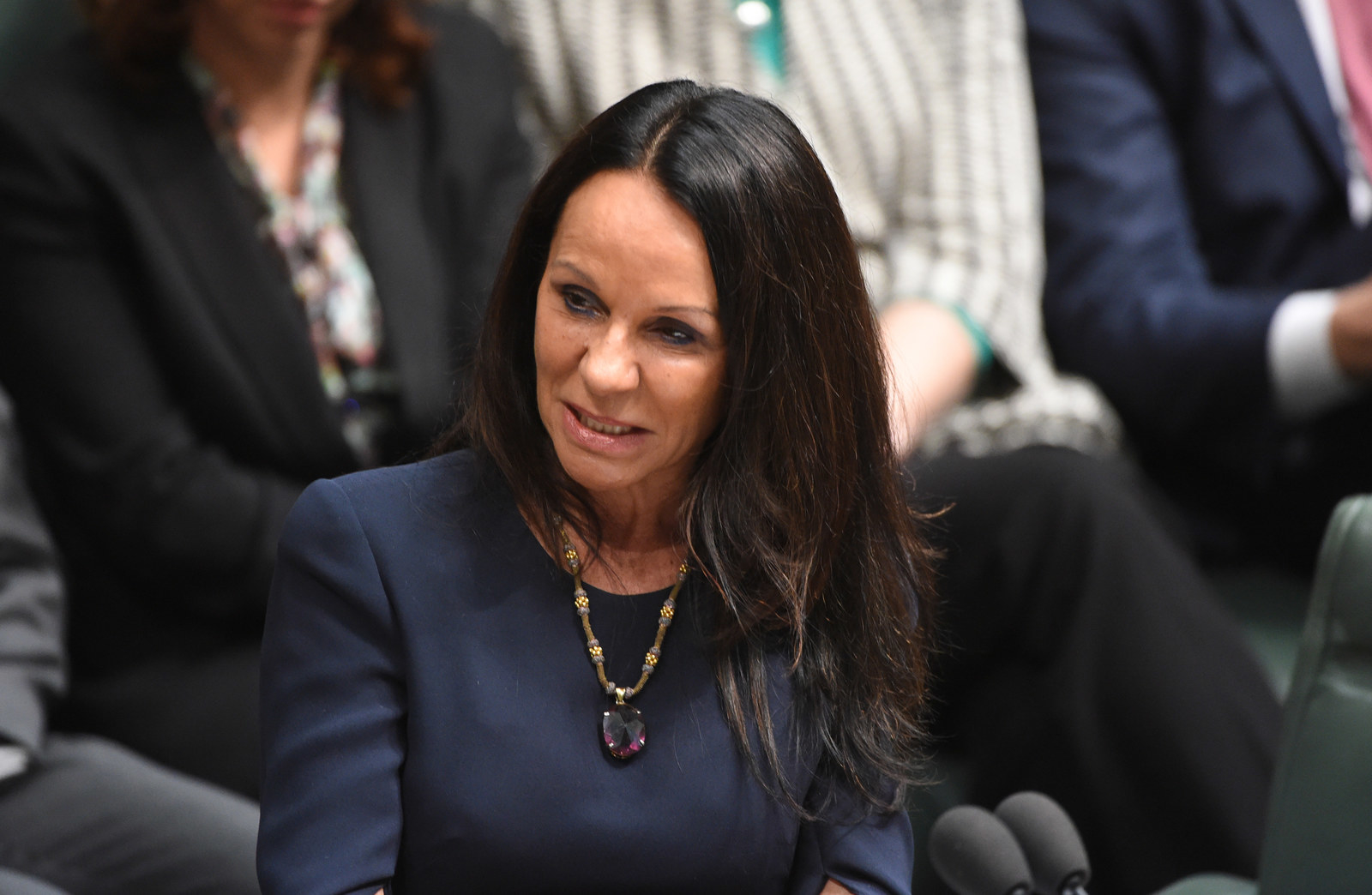Aboriginal politicians have warned that Australia can expect a rise in hate speech if the Racial Discrimination Act is amended.

Federal parliament resumed this week and debate has been dominated by Australia's race hate laws.
Section 18C of the Racial Discrimination Act makes it illegal to act in a way that will "offend, insult, humiliate or intimidate another person or a group of people" based on their "race, colour or national or ethnic origin".
On Tuesday, prime minister Malcolm Turnbull announced a parliamentary inquiry into whether the section should be amended.
It comes after increasing pressure from conservative liberal backbenchers who say 18C impedes freedom of speech.
The inquiry will look at whether 18C "imposes unreasonable restrictions on freedom of speech" and also "whether the complaints-handling procedures of the Australian Human Rights Commission should be reformed".
"It is important that Australia strikes the right balance between laws which protect social harmony and mutual respect, and the fundamental democratic value of freedom of speech," Turnbull said.

Labor MP and Wiradjuri woman Linda Burney said she's "very concerned" about 18C being watered down or scrapped.
“The lack of empathy from those pushing for change, who are almost universally free from the prospect of racial discrimination, is damning. They have no idea what it is like to have this hate speech directed towards you,” Burney told BuzzFeed News.
“We simply don’t need an inquiry into Section 18C – it is a protection against hate speech and those of us who have faced racial discrimination know how important it is.”

But Noongar and Wongi man Ken Wyatt, the only Aboriginal Liberal MP in federal parliament, told BuzzFeed News he believes a parliamentary inquiry is "the way forward" and called for a "mature discussion on the issues".
Wyatt, the assistant health minister, had in August threatened to cross the floor if forced to vote to repeal section 18C. He was also a vocal opponent of calls by conservatives during Tony Abbott's prime ministership to amend the section.
Section 18C was introduced in 1975 and Wyatt said it was "needed to deal with the level of racism experienced in Australia" at the time.
"There are strong views on both sides of this debate and I don’t want to see anyone experience racism or be vilified. I think we need to be very careful in the way we approach change," he said.
"We try to take a calm, rational statesman-like approach and avoid emotive debates that could cause more harm than good. We need to strike a fair balance between free speech and the maintenance of a civil, successful multicultural society."

NT Labor senator and Yanyuwa woman Malarndirri McCarthy lambasted the suggestion that 18C impedes free speech and called the inquiry a "waste of time and money" when there are more "more pressing issues".
"It's clearly the Coalition government agenda to minimise it or get rid of it completely," McCarthy told BuzzFeed News.
"We know that there are tremendous issues across our country and in particular with minority groups that are so pressing, is this really the priority?"
"What more do you really want to say that you can't say right now? What is it that you want to say by removing 18C? This is the thing that no one seems to be able to answer. What ugly, hurtful words do you feel you need to say that you can't say right now?"
Burney also slammed the "ultra-right wing conservatives" calling for18C to be removed, pointing out they were all non-indigenous and will never experience racism.
“What is it that the ultra-right wing conservatives want to say that they can’t now? I’m very concerned, as are many Aboriginal people, about what it is these Coalition MPs don’t feel able to say. By definition it must be offensive, insulting and racist,” Burney said.
“There are number of defences to 18C included in the act. Section 18D includes exceptions for art and for fair and accurate reporting among a range of others – claims about limiting free speech are simply overblown and baseless.”
The parliamentary committee is due to hand its findings to the government by February 2017.
